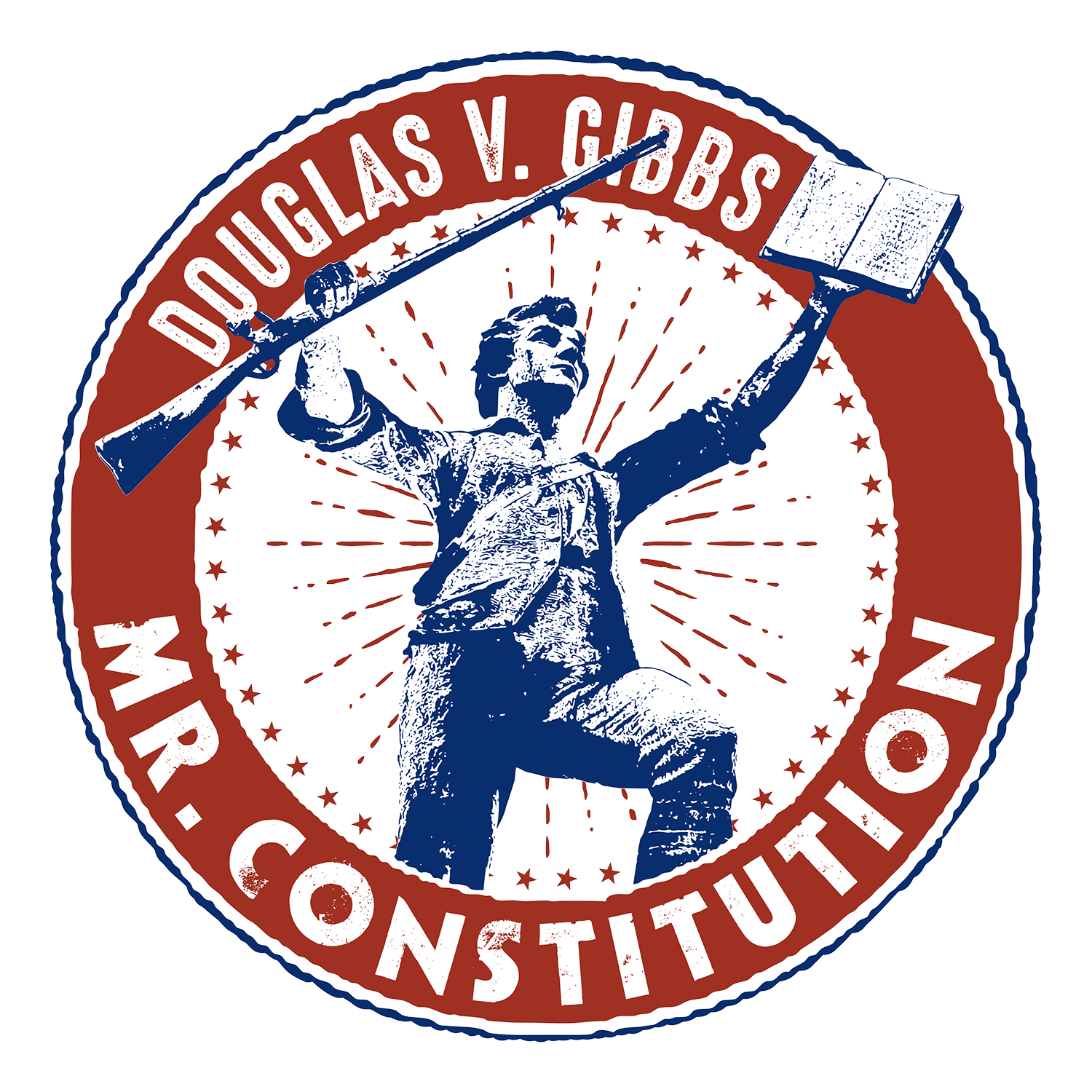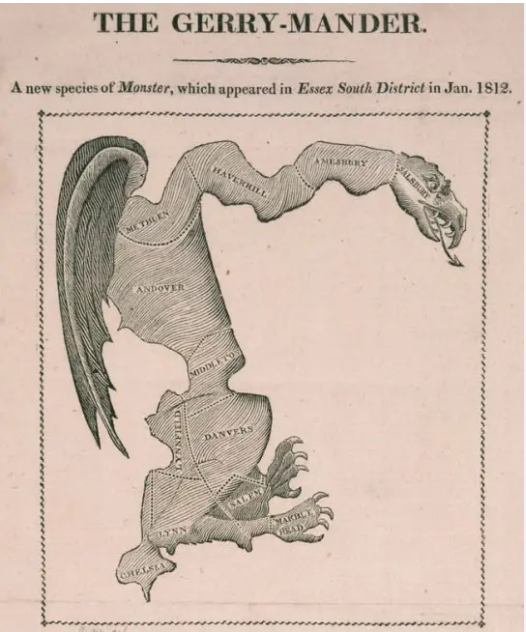By Douglas V. Gibbs
The United States Supreme Court has heard opening arguments for the Louisiana v. Callais case, a case I believe could reshape how congressional districts are drawn across the country. At issue is whether Louisiana’s attempt to create a second majority-Black district, allegedly to comply with the Voting Rights Act, violates the Equal Protection Clause of the Fourteenth Amendment.
Now, let’s be clear. The Voting Rights Act of 1965 was born out of a noble desire to ensure fairness in the electoral process. But over time, its application has drifted from equal protection toward preferential treatment. And that, my friends, is where the constitutional problem begins.
The Fourteenth Amendment does not call for special laws for certain groups. It calls for equal protection under the law… for individuals, not collectives.
When race becomes the driving factor in redistricting, we’re no longer talking about equality. What we have been seeing is a form of affirmative action which undermines the very principle of neutrality.
From my originalist perspective, the Voting Rights Act itself is constitutionally suspect. Article I, Section 4 of the Constitution gives Congress the power to “make or alter” election regulations, which means it is their job to negative state election laws after a state has acted if they believe the law to be tyrannical. It does not grant Congress preemptive authority to dictate how states draw their districts. In fact, the idea of Congress being able to negative state laws was proposed by James Madison during the Constitutional Convention, and it was rejected. Any federal influence on the states was designed to be rare, and specifically indicated in the Constitution if it could happen at all. The Founders understood that federal intervention must be rare, and a reactive move used only when necessary.
So what’s really happening here? Louisiana drew its map. A group of plaintiffs argued that it didn’t give enough representation to Black voters. But the Supreme Court now seems poised to say: race cannot be the reason districts are drawn. Period. And if that happens, it won’t just affect Louisiana. It will ripple across the country. California, New York, Illinois; places where race-based gerrymandering has become a political tool.
Much of what is going on in the world of redistricting is a response to Texas. Critics say Republicans are gerrymandering there, so the Democrats have decided to wage a gerrymander war. The problem is, what is going on in Texas is simply the GOP undoing the gerrymandering that Democrats embedded years ago. The goal should be neutrality and districts that don’t look like salamanders…not racial engineering, not partisan manipulation.
If the Court rules as I expect, it will be a victory for constitutional clarity. It will affirm that equal protection means equal, not engineered. It will remind us that the way to end discrimination is not through reverse discrimination, but through a return to principle.
Stay tuned, folks. The decision could be seismic.



